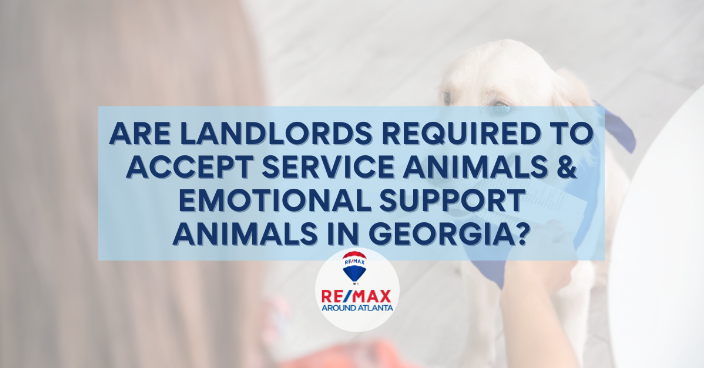|
The federal Fair Housing Act (FHA) protects the rights of people with disabilities which includes the rights to reasonable accommodation. These rights are protected under both state and federal laws to ensure that landlords do not discriminate against tenants with service animals & emotional support animals. Under the law, you can’t be discriminated against in the rental, lease, or purchase of housing.
The FHA requires housing facilities to allow both service animals and emotional support animals, if necessary, for a person with a disability to have an equal opportunity to use and enjoy the home. A service animal must perform tasks or services to aid the owner to qualify for FHA protection. And to be covered under the law, the emotional support animal must alleviate the emotional effects of the owner’s disability. To have a legal right to be an ESA, owners need to first obtain a signed prescription letter from a licensed psychologist, therapist, or psychiatrist. This letter must state that an ESA is needed to alleviate at least one symptom or effect of the owner’s mental health condition. Keep in mind that no one is allowed to request medical documentation about the tenant’s condition or ask them to state the details of their disability; a letter verifying need for an ESA is the most information about their condition they are required to supply. For service animals, the ADA limits the requirements of the owner. When it is not obvious what service an animal provides, only limited inquiries are allowed. There are two questions that may be asked: (1) is the dog a service animal required because of a disability, and (2) what work or task has the dog been trained to perform. You may not ask about the nature or extent of an individual’s disability. You may not require proof that the animal has been certified, trained, or licensed as a service animal. You may not require the animal wear an identifying vest or tag nor can you ask that the dog demonstrate it’s ability to perform the task or work. Can a landlord require a pet deposit for a service animal or emotional support animal? The landlord can't require the tenant to pay extra in the form of a pet deposit to have a service dog or emotional support animal. And any "no-pet" policies don't apply to an ESA or guide or service dog. But the tenant is liable for any damages the service animal or emotional support animal causes to the property or another person. Is there a difference between an emotional support animal and a service animal? Only animals who have received specialized training to perform a specific task or tasks for an individual with a disability are considered service animals. This is the key difference between a service animal and all other types of working animals, including therapy, comfort animals, and emotional support animals. Service animals are usually dogs, but all kinds of animals can be classified as an emotional support animal including but not limited to dogs, cats, miniature horses, rabbits, and hamsters. The only requirement for an ESA is that they are well-behaved and non-aggressive to other animals. Penalties for Misrepresentation of an ESAIn Georgia, there is no legal punishment for misrepresenting your pet as an emotional support animal like there is in other states. However, animal owners may face evictions from housing or university, or expulsion from public areas as a consequence.
0 Comments
Leave a Reply. |
RMAAReal Estate News, Brokers Blog & More Categories
All
Archives
July 2024
|


 RSS Feed
RSS Feed